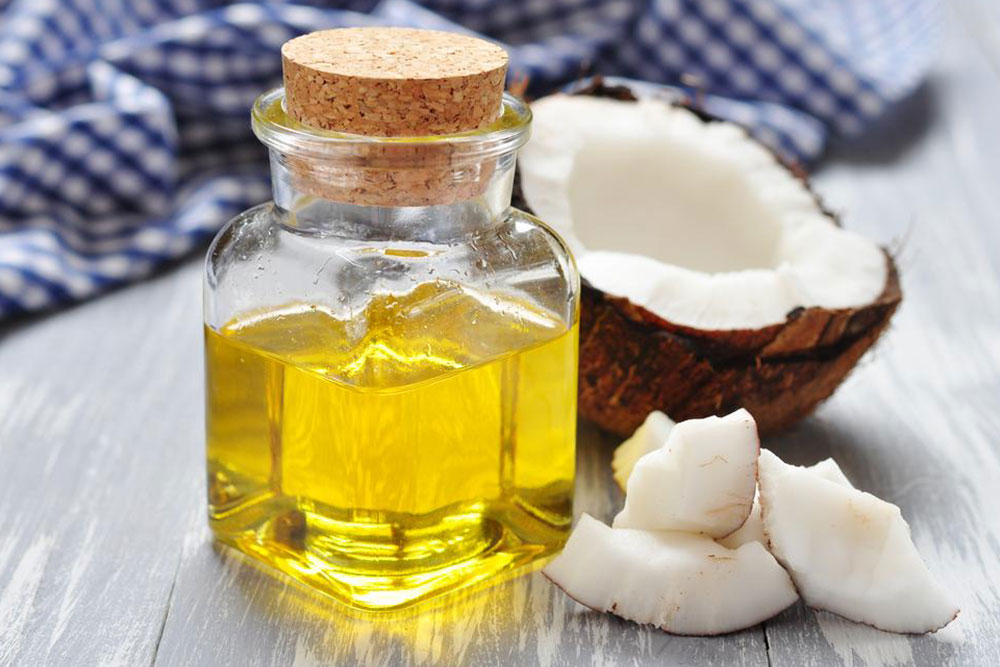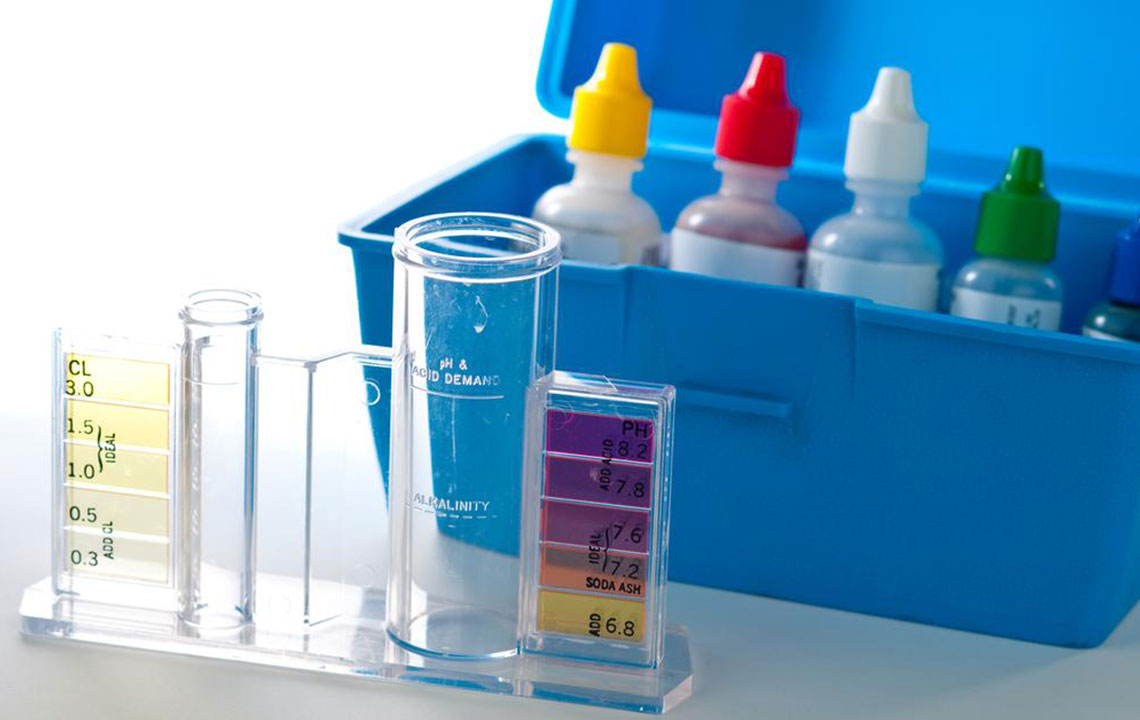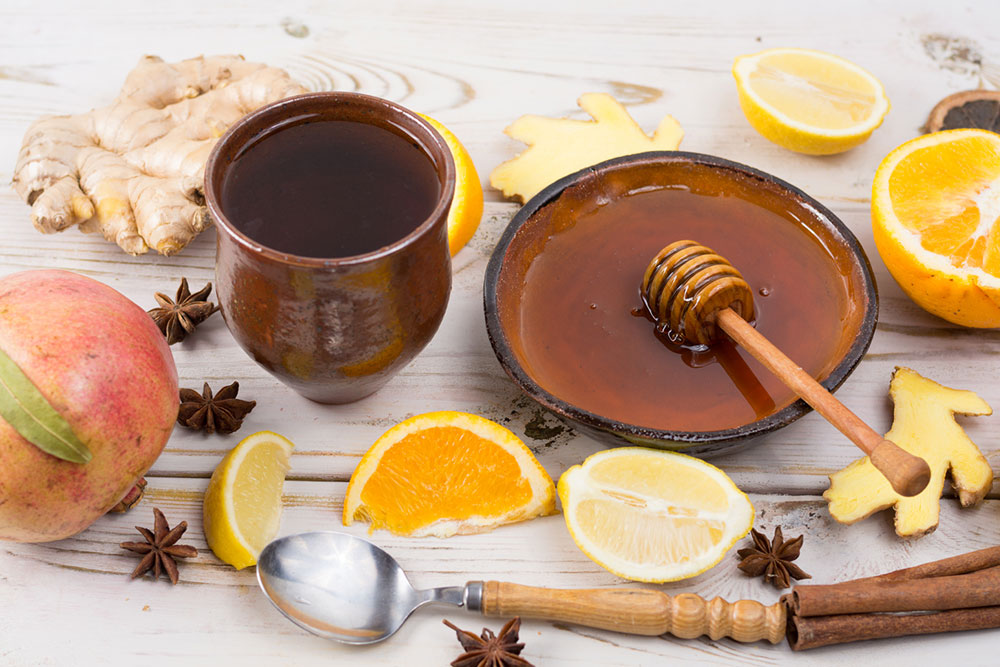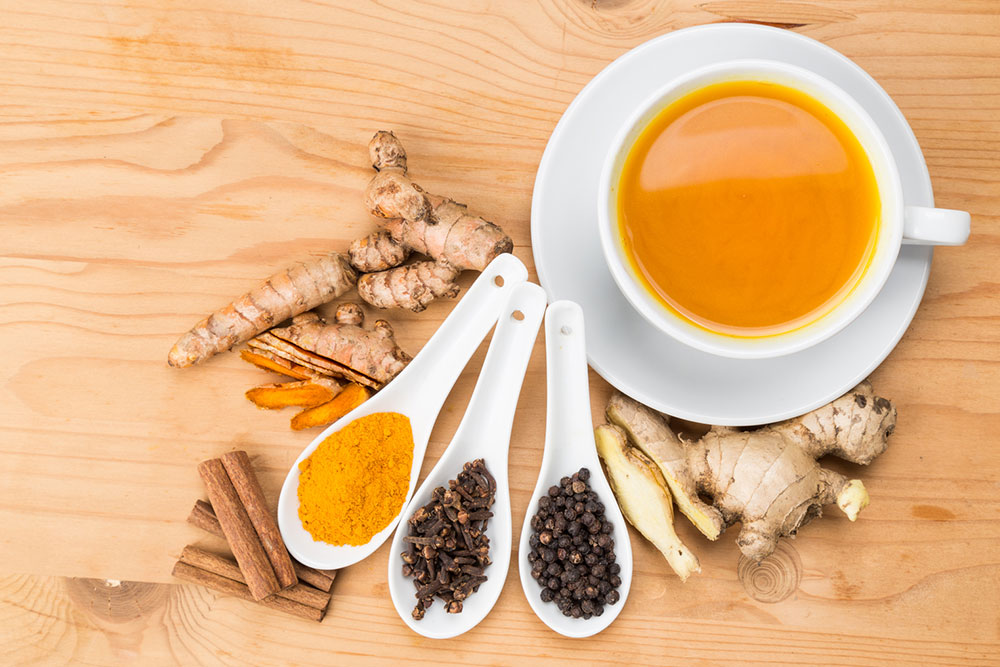Holistic Approaches to Lower Breast Cancer Risk
This article explores natural strategies to lower breast cancer risk, emphasizing healthy diet changes, physical activity, weight management, and lifestyle habits. While some risk factors are beyond control, adopting these holistic approaches can promote overall health and reduce the likelihood of developing breast cancer.

Holistic Strategies to Reduce Breast Cancer Risk
While preventing breast cancer entirely may not be feasible due to factors like genetics and age, adopting certain natural lifestyle habits can help lower the risk. Although some risk factors are beyond control, incorporating healthy choices can make a difference. Here are some proven methods:
Nutrition
Enhancing your diet by adding more colorful vegetables and fruits is crucial. These foods contain flavonoids, plant compounds known for their anti-cancer properties. Foods rich in flavonoids include oranges, apples, herbal teas, melons, and herbs. Reducing meat intake, especially processed meats like sausages, bacon, and ham, may also decrease cancer risk, including breast cancer.
Stay Active
Regular physical activity is vital. A sedentary lifestyle accounts for a significant portion of breast cancer cases. Aim for at least 300 minutes of exercise weekly through activities like walking, cycling, swimming, or dancing to improve overall health and reduce cancer risks.
Manage Post-Menopausal Weight
Maintaining a healthy weight after menopause is essential. Excess body fat can increase exposure to hormones linked to breast cancer, so managing calorie intake and staying active are key strategies.
Limit Alcohol Consumption
Research indicates that even moderate drinking can elevate breast cancer risk by up to 13%. Opt for alternatives like sparkling water if you wish to reduce alcohol intake.
Quit Smoking
Smoking is associated with higher breast cancer risk. Seeking medical advice for cessation programs can significantly improve health outcomes.
Breastfeed When Possible
Prolonged breastfeeding for at least a year can lower breast cancer chances and provide added benefits for both mother and child.
Contraceptive Use and Hormones
Use of birth control pills might slightly increase breast cancer risk, especially after age 35 or with heavy smoking. Long-term hormone therapy post-menopause should be avoided, as it also raises risk levels.
If there's a family history of breast or other cancers, regular screening is recommended for early detection and proactive management. Adopting these natural habits can support overall health and potentially lower breast cancer risks.










